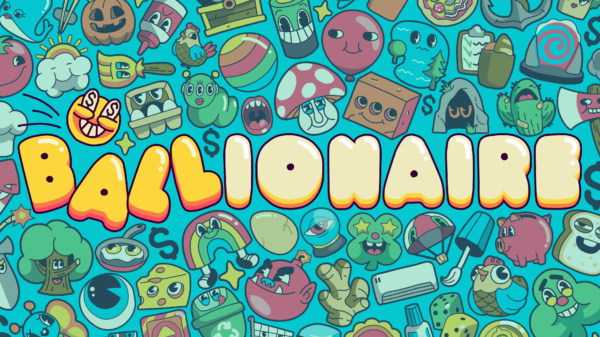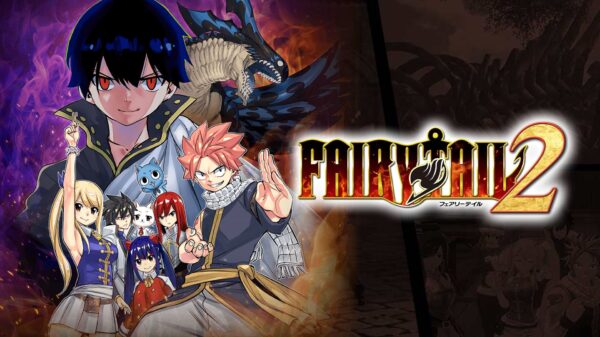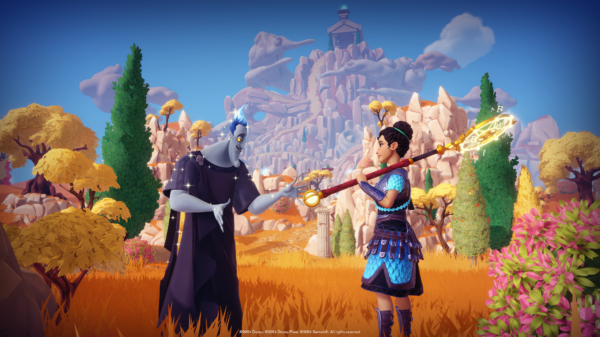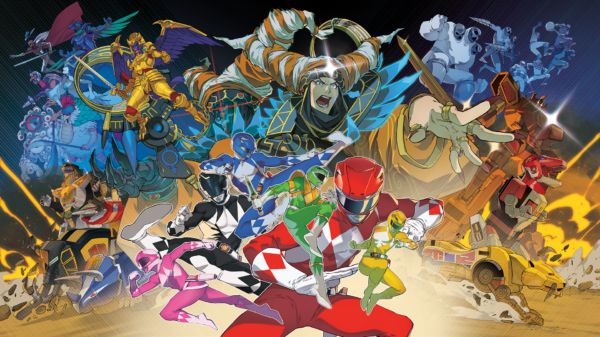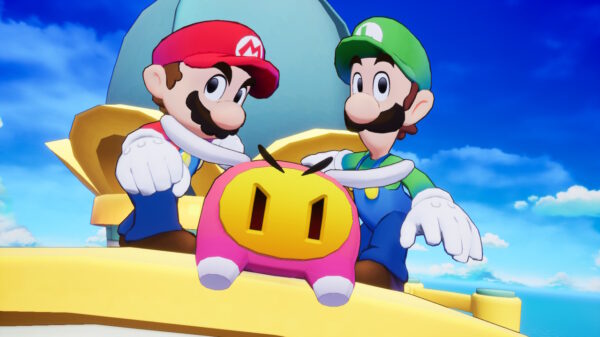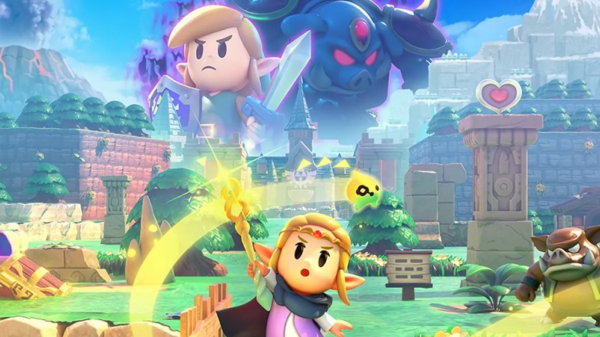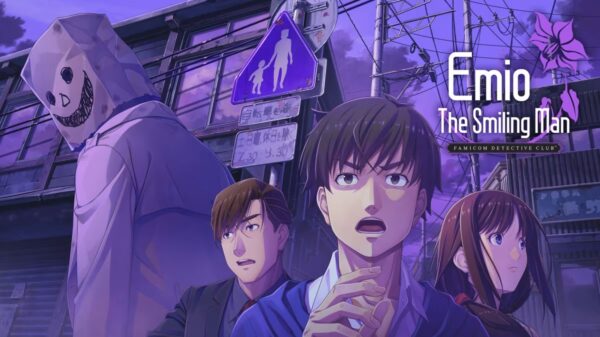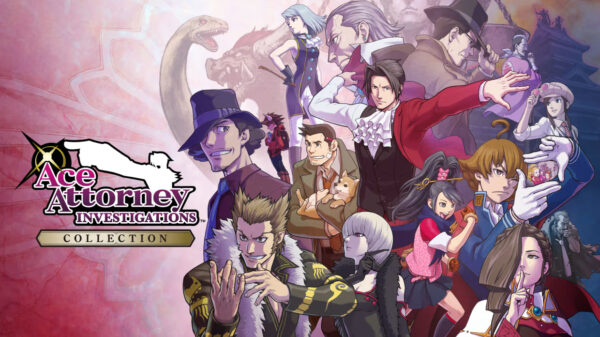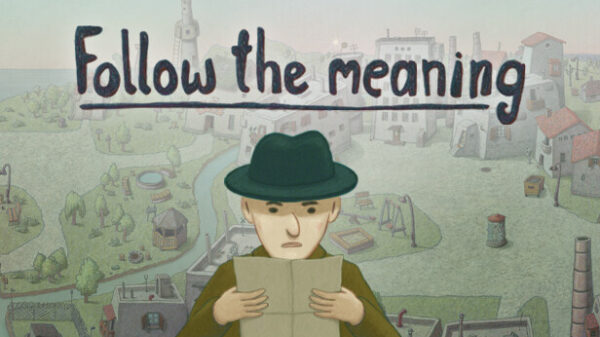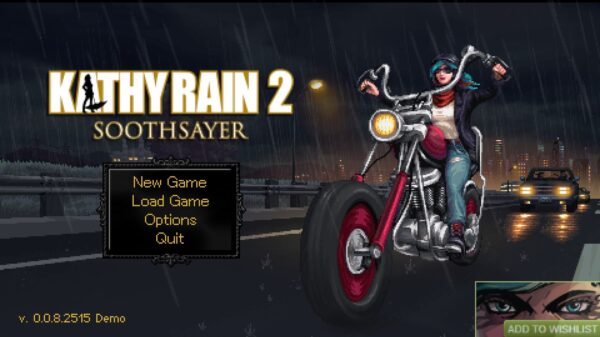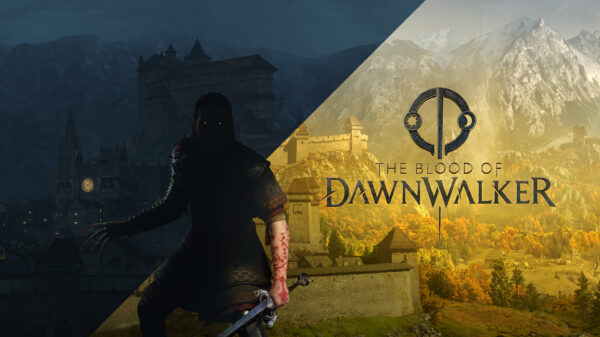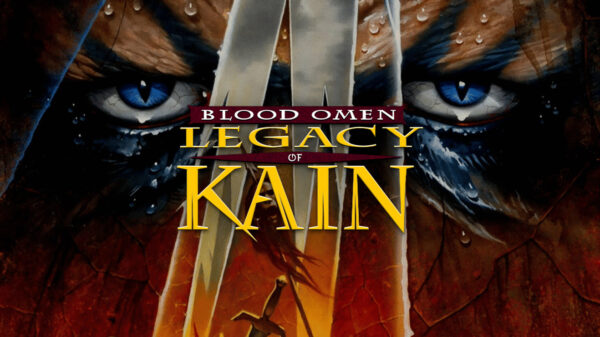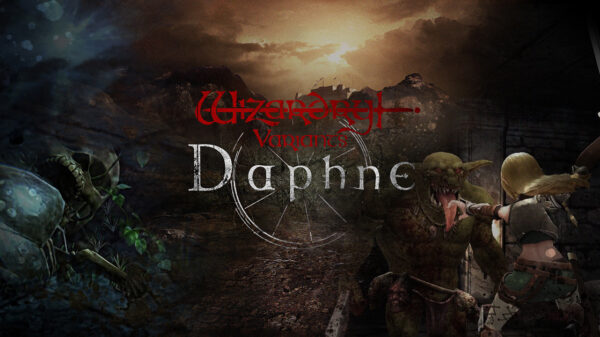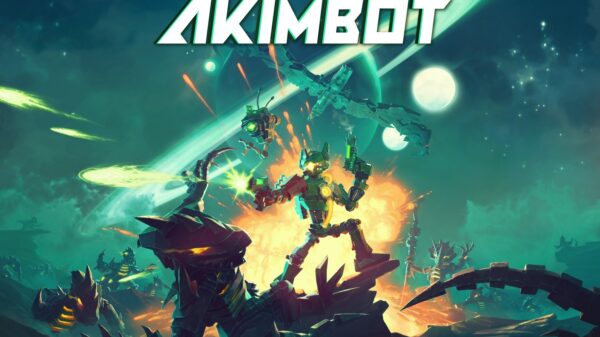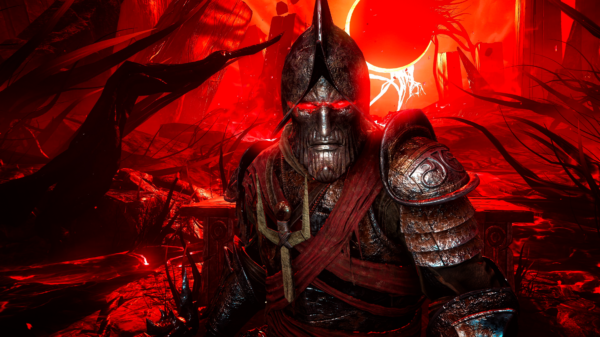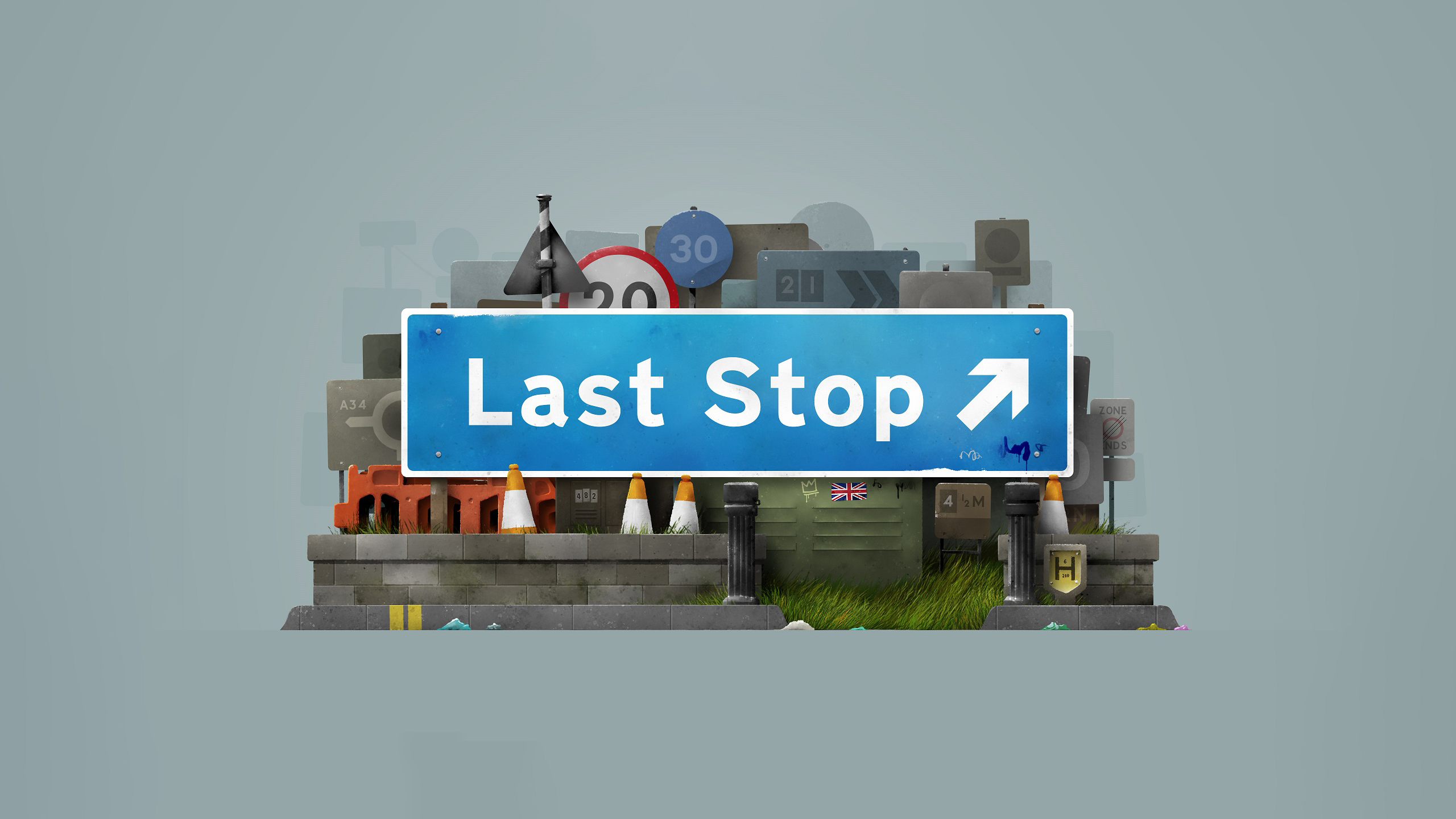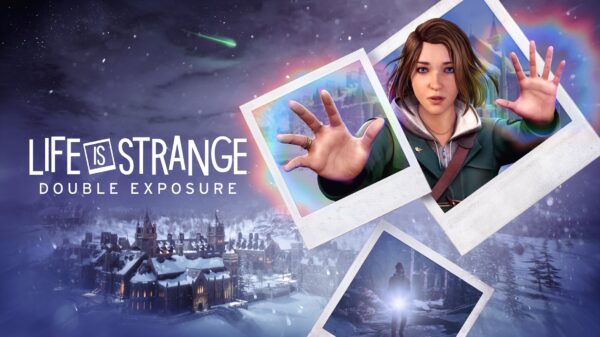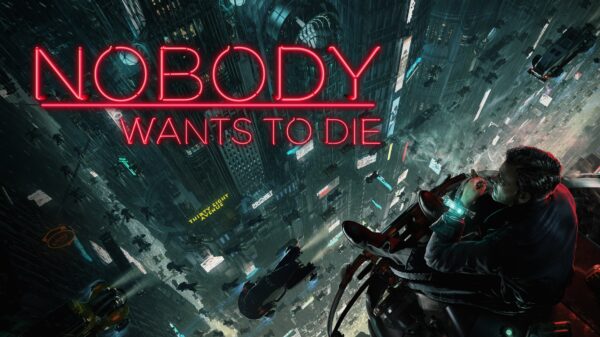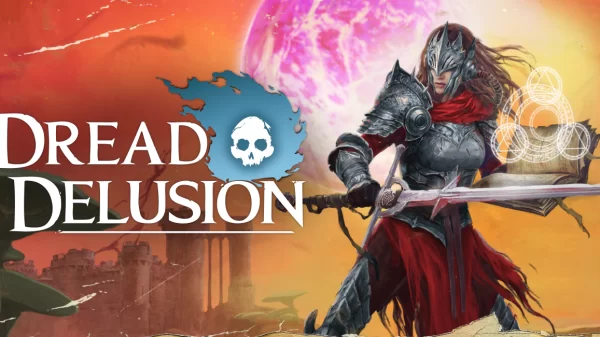The magic of video games is giving someone else control of your story. Allowing the player to navigate and do things at their own pace, like reaching a destination that wouldn’t have been reached without their involvement. This is likely the reason ‘walking simulator’ is such a pejorative term. Unfortunately, Last Stop isn’t helping things in the slightest. Offering little more than dialogue options and some clumsy first-person navigation, Last Stop provides the illusion of player agency in such a ham-fisted way it makes you wonder why they even made a game at all.
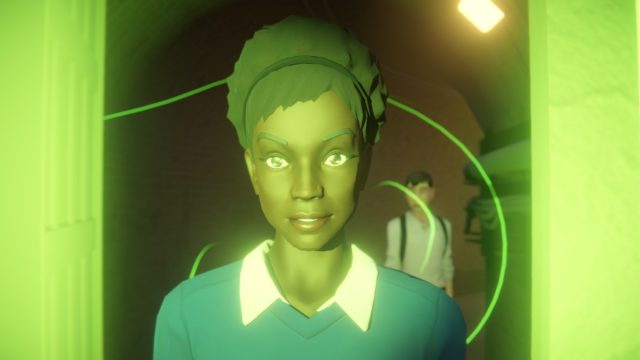
Last Stop
Developer: Variable State
Price: $20
Platforms: Xbox One, Xbox Series X, Xbox Series X (Reviewed), PC, Playstation 4, Playstation 5, Nintendo Switch
Last Stop starts by offering a choice among three protagonists with different stories. The first, on the far left, is John Smith in the story Paper Dolls. In the middle, we have Meena Hughes in the story Domestic Affairs. Finally, on the right, we have Donna Adeleke in Stranger Danger. All three stories take far too long to lay out their narratives and build up the back-story for each character to make a life-changing decision in the end. What should be a tale of three intertwining stories of interesting character arcs and tough decisions boils down to choosing dialogue options that aren’t important to the story whatsoever and navigating down a linear path. All three sit next to each other on the subway allowing the player to choose which story they would like to experience right then.
The prologue begins with two people running from the police in a subway tunnel. They duck into a side-exit and are met with a door that, when opened, has a green portal to the unknown. While the boy steps back, the girl, Sam, steps forward into the portal. This is about as intriguing as the story gets until the very end.
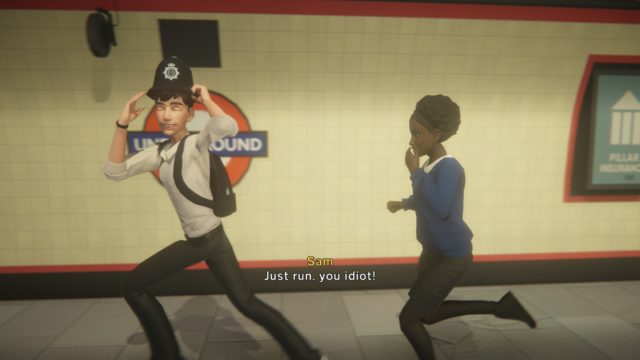
Paper Dolls is about John Smith, his daughter Molly, and his neighbor Jack who is a little self-absorbed. Jack pushes down a fellow commuter on the train and, as it turns out, the commuter has magical abilities that cause him and John to swap bodies ala Freaky Friday. This is the most humorous and light-hearted of the stories, but it’s also the least compelling. Molly is very cute and John learns confidence in Jack’s younger and more fit body. I would say I probably enjoyed this story this most, but that’s still a far cry from an endorsement.
Domestic Affairs and Stranger Danger are far less light-hearted dealing with Meena Hughes, a cold-hearted adulterer and workaholic. Donna Adeleke is just a kid who is destined to be a foil for her older sister and gets in way over her head when spying on a handsome ladies man. While both stories are a little more serious, Domestic Affairs is the only one with a clear thread to the prologue. Stranger Danger offers a fairly intriguing story but there’s a huge issue with Last Stop itself as a product that kills these stories.
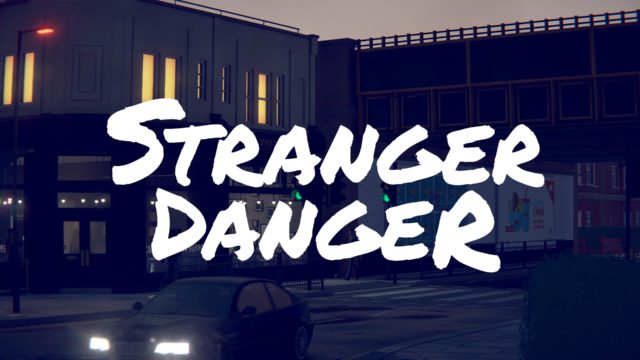
Last Stop allows you to play one story at a time, but all stories must be at the same chapter. This makes sense, you’re being told a story where all three stories intertwine, keeping them at the same chapter is a requirement to get the most out of the story. This hurts the story immensely. Some chapters are so brief, if it wasn’t for the achievement ding when finishing them, I would have thought it was a bug. With such small bite-sized chunks, I started to feel disconnected from each character. But that wasn’t the only thing that killed the experience for me.
Stories on games are best told when they’re offered in a way that simply couldn’t be experienced in any other medium. Last Stop shirks that idea and only offers you benign dialogue choices and occasional walks down the street. At no point did any dialogue choice change the story in any meaningful way. Meena is still terrible to her husband and a distant mother to her son. Jack and John are still going to connect on a somewhat meaningful level. Donna is going to get herself in trouble. These things are inevitable and there’s nothing you can do about it. Without offering the player the ability to change the story in any meaningful way, the choices are merely an illusion of choice with a veneer so thin it might as well not even exist. Furthermore, the choices given weren’t always what ended up being said. Much like Mass Effect, Last Stop keeps a low word count on choices leaving the player to merely guess at what the character on screen is going to say.
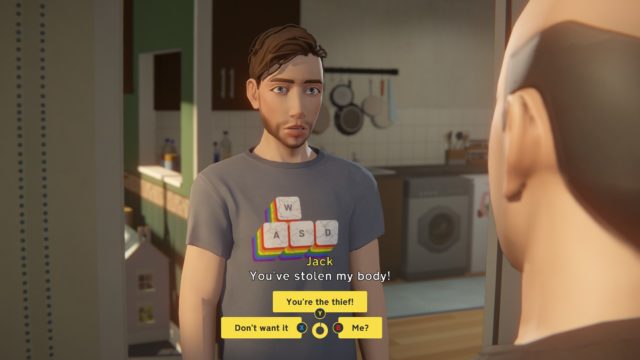
When you’re not making pointless dialogue choices, you’re walking or performing some quick-time event that offers superficial window dressing to the story. I found myself bored with Last Stop, wondering how the same developer that made Virginia managed to make this game. Even artistically, Last Stop felt like a big step back from Virginia. While the art style and design remained consistent throughout the game, I could not connect with it whatsoever. Everyone had big eyes and wild, cartoonish expressions. Which actually worked well for Paper Dolls but for the other two-thirds of the game, was quite jarring. Animations are incredibly stiff ranging from some scenes being tough to watch to others being laughably bad.
The voice acting is quite good and is probably the game’s saving grace. Unfortunately, it’s not always audible. There are some sound issues in Last Stop that cause the dialogue to either be inaudible or too loud.
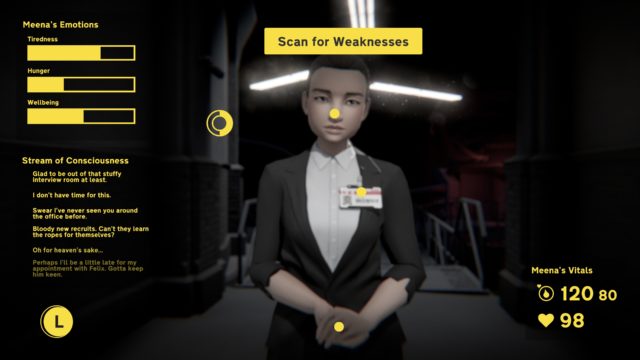
 The Final Word
The Final Word
If you’re looking to have your mind changed about what a game can offer, Last Stop isn’t going to help. Even among fans of dialogue-driven adventure titles, I couldn’t possibly recommend Last Stop. Let’s hope Variable State learns from their mistakes and comes back with something more compelling in their third game.
MonsterVine Rating: 2 out of 5 – Poor

